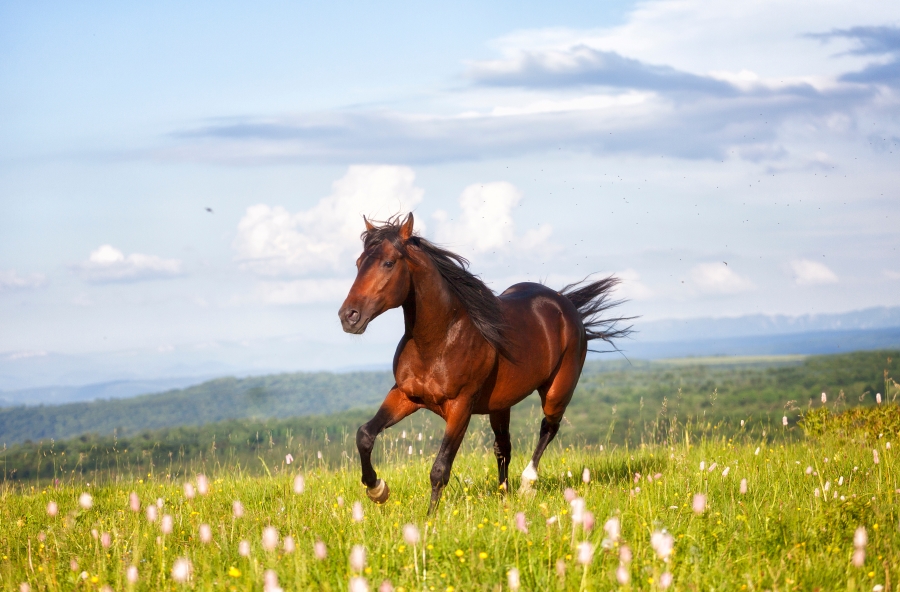New research from Texas A&M’s Veterinary Medicine and Biomedical Sciences about equine Y chromosome genetics has unveiled fascinating insights, transforming our understanding of stallion lineages and breed preservation.
Shattering Previous Misconceptions
Leading geneticist Dr. Gus Cothran reveals about the equine Y chromosome genetics that the Y chromosome, once thought genetically mundane, harbors rich genetic diversity crucial for the future of horse breeding. This breakthrough, published in PNAS, enables scientists to trace male bloodlines back 1,500 years, offering unprecedented insights into equine evolution.
Breaking Through Technical Barriers
“The Y chromosome’s complex structure made it a mystery for years,” notes Cothran. “Its repetitive sequences and palindromic nature created significant challenges in genetic analysis.” The recent technological advances in DNA sequencing have finally cracked this genetic puzzle, paralleling the complete human Y chromosome sequencing achievement of 2023.
A Window into History
The research team’s global DNA analysis has illuminated the fascinating journey of modern stallions, revealing how human civilization and horse breeding have been intertwined for four millennia. This connection has shaped both equine genetics and human history through carefully managed stallion breeding programs.
Beyond Traditional Pedigrees
The implications for modern breeding practices are profound. While traditional pedigree tracking offers limited generational insight, this new understanding about equine Y chromosome genetics provides a comprehensive view of paternal ancestry. This knowledge is particularly crucial for preserving rare breeds and preventing genetic complications.
Building the Future of Breeding
“Consider breeding programs as architectural projects,” Cothran explains. “We’re not just building for today; we’re creating genetic foundations for future generations.” This research enables breeders to make informed decisions about lineage selection, potentially preventing issues like club foot and fertility problems that can arise from inbreeding.
Preserving Genetic Heritage
The findings open new possibilities for maintaining genetic diversity in endangered breeds. By identifying and prioritizing rare male lineages, breeders can now make strategic decisions to protect breed health and ensure long-term survival.
A New Era in Equine Conservation
This revolutionary understanding of equine genetics marks a turning point in horse breeding and conservation. It promises a future where science and tradition work together to preserve these magnificent animals for generations to come.







